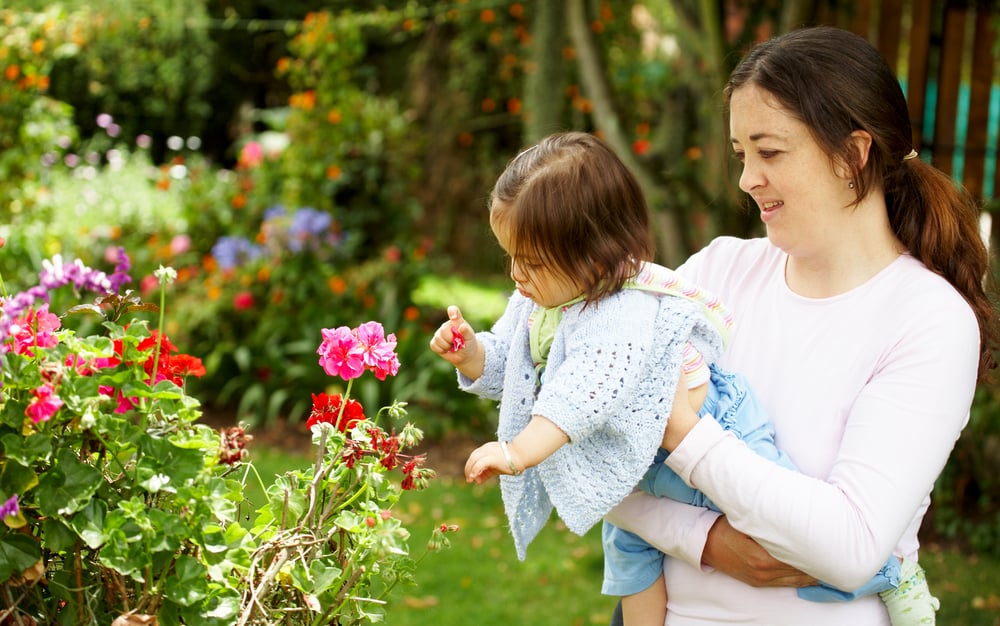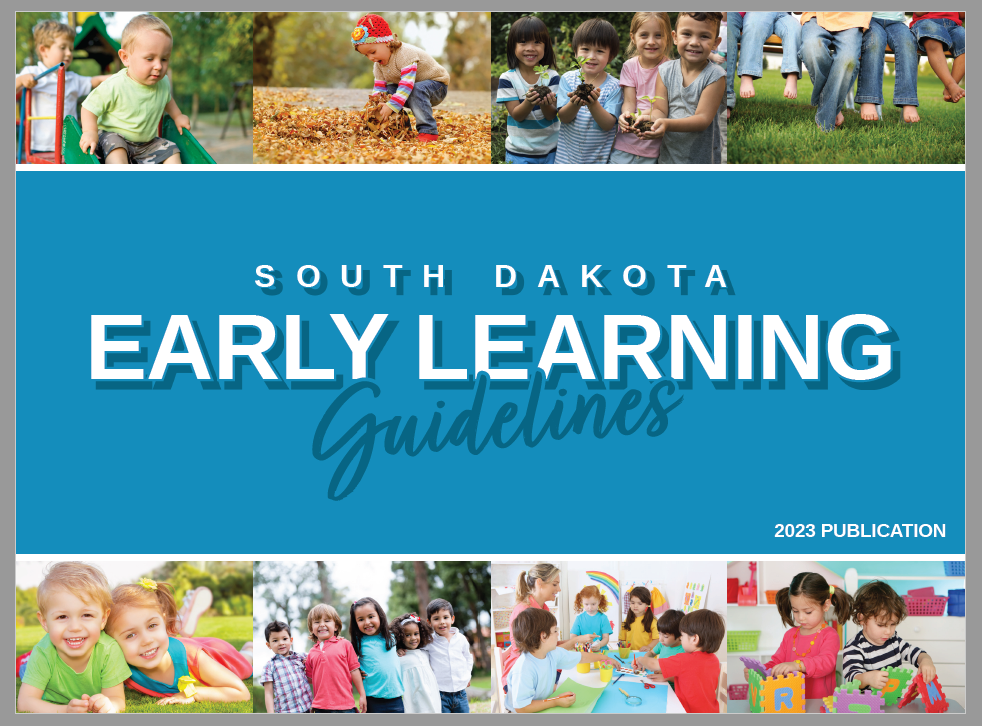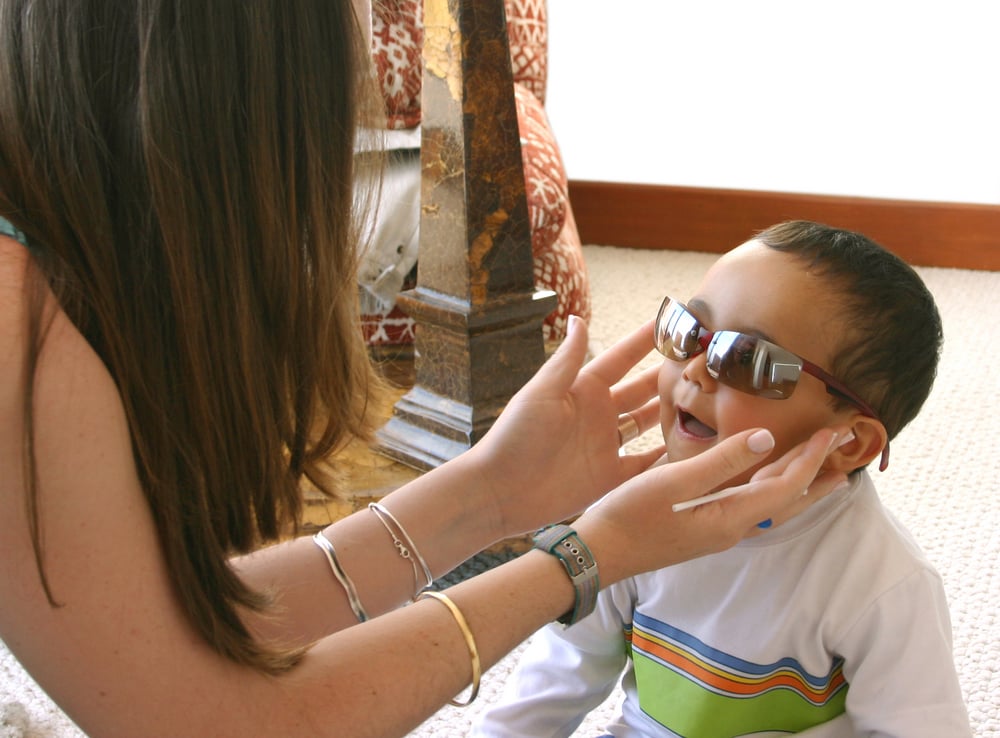Children are born with an inclination to learn. This is reflected in behaviors and attitudes such as curiosity, problem-solving, maintaining attention, and persistence.

Infants (Birth - 12 Months)
The first year of a child's life, from birth to 12 months, is a period of rapid growth and development. They begin to explore the world around them through their senses, they recognize faces and begin to understand and respond to interactions.
It's important to note that every child develops at their own pace and there is a wide range of "typical" development. If you have concerns about your child's development, it's always a good idea to discuss them with a pediatrician.

Social Development & Emotional Development

Communication, Language & Literacy
From birth, children are learning language and developing the ability to communicate. Talking, singing, reading, and responding effectively when children express themselves are great investments supporting learning.

Cognitive Development
This fascinating area of development includes understanding how children acquire, organize, and use information in increasingly complex ways. Through play, skills are developed as the foundation for exploring and understanding more sophisticated concepts.

Health & Physical Development
Physical growth, muscle development, nutrition, self-care, health and safety practices are included in this area. Safe and healthy practices support the ability to learn more effectively in all areas.
Activities for children birth to 12 months.
Check out these simple activities that will provide opportunities for bonding, learning, and exploration during the crucial first year of your child's life. Activities are divided by the five Domains: Approaches to Learning, Social Development and Emotional Development, Communication, Language and Literacy, Cognitive Development, and Health & Physical Development.


